AI in Utility
Industry
Unleashing AI's Power Surge in the Utility Landscape
The utility industry, amid its continuous evolution driven by technological advancements, legislative mandates, and environmental sustainability goals, is significantly impacted by the advent of Artificial Intelligence (AI). AI is not only revolutionizing the methods of energy generation, transmission, and distribution by enhancing efficiency and cost-effectiveness but also elevating customer engagement. It facilitates a range of benefits including optimizing energy production and consumption, integrating renewable energy sources, real-time asset performance monitoring, predictive maintenance, and superior customer service through predictive analytics and sentiment analysis. However, the growth of AI also brings forth challenges such as the lack of data standardization, a shortage of skilled AI professionals, and increased cybersecurity risks. To leverage AI's full potential, utility companies need to address these challenges by developing robust data management systems, investing in skill development, and implementing stringent cybersecurity measures.
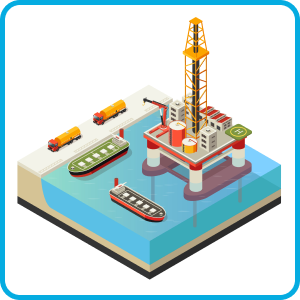
Smart Grids: AI can significantly enhance the utility grids by making them smarter and more responsive to the changes in energy demand and supply. This could result in more efficient energy use, lower operational costs, and reduced carbon emissions.
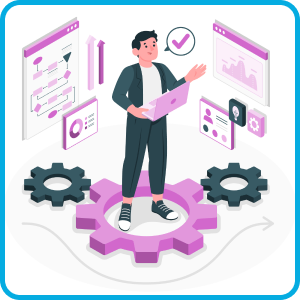
Predictive Maintenance: Enhanced predictive maintenance systems enabled by AI can provide more accurate forecasting of equipment failures, reducing downtime and maintenance costs.

Energy Storage Optimization: AI algorithms can optimize energy storage and distribution, facilitating the integration of more renewable energy sources into the grid and reducing reliance on fossil fuels.

Demand Response: By analyzing consumer behavior data, AI can help manage energy demand, optimizing the energy supply accordingly which can lead to cost savings for both utilities and consumers.
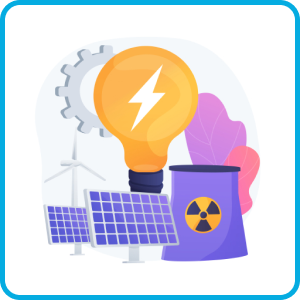
Enhanced Customer Engagement: AI can significantly improve customer engagement by personalizing the service based on individual energy consumption patterns and preferences. For instance, applying machine learning to monthly and smart meter data reads can provide a deeper understanding of how consumers use energy on an appliance-by-appliance basis, thus enhancing the personalization of services and offers.
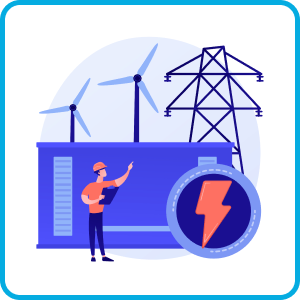
Improved Regulatory Compliance and Planning: AI can also aid in improving regulatory compliance, transmission, and distribution planning, which are critical for the efficient operation and future planning of utility services
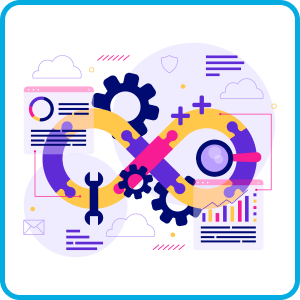
Load Forecasting and Grid Operations: AI and machine learning technologies are being increasingly utilized to improve load forecasting, optimize grid operations, and support decision-making processes in the utility industry.
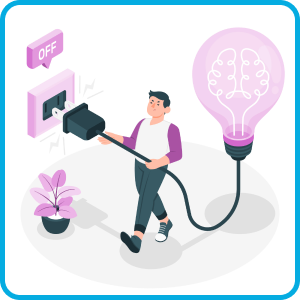
Cross-sector Integration: The utility industry in 2023 faces a multi-pronged ambition to provide reliable, affordable, and sustainable energy or safe water to customers amidst increased pressures around decarbonization and cleaner energy sources adoption. This industry outlook necessitates cross-sector integration, where AI could play a pivotal role in managing the balance between these competing demands.

New Electrification Opportunities: The utility sector in 2023 is looking towards new electrification opportunities that can bolster revenues and address the challenges posed by cost and climate concerns. AI is central to exploring and realizing these opportunities by analyzing trends and providing actionable insights.

and Customer Services: By analyzing consumer behavior data, AI can help manage energy demand, optimizing the energy supply accordingly which can lead to cost savings for both utilities and consumers
Power in Numbers
0
Programs
0
Locations
0
Volunteers



